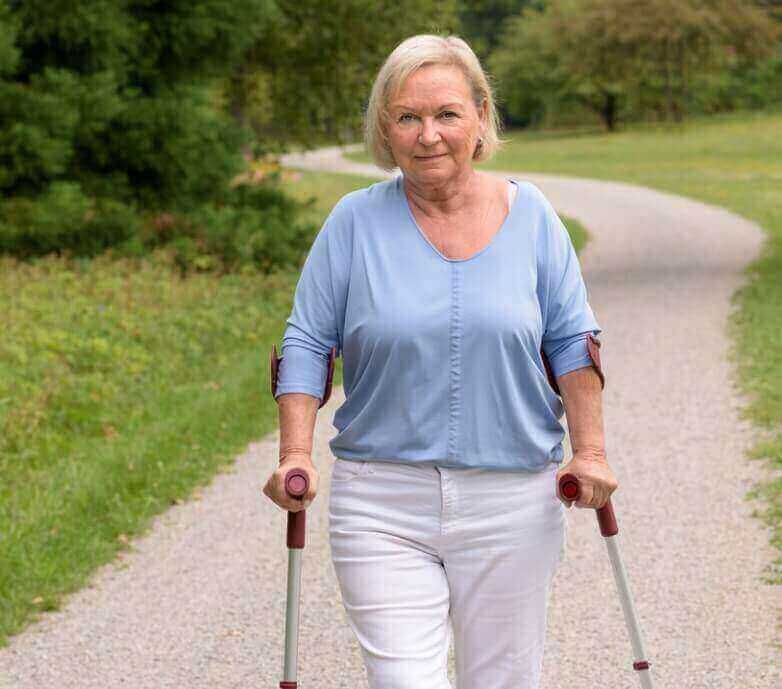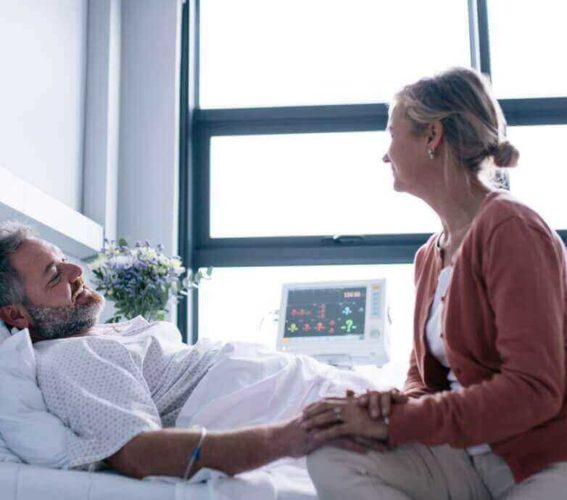After a stroke, one is overcome by a wide range of emotions – fears and general uncertainty about the future are also not uncommon. Peace of mind may come with knowing that while many post-stroke conditions can develop, most of them are common and may slowly improve with time, rehabilitation and therapy. Becoming familiar with the common effects of stroke may help the survivor better understand how to move forward with their physical and emotional well-being.

General conditions that may develop after a stroke in the right side of the brain include paralysis on the left side of the face and body, problems with vision, and memory loss. A stroke on the left side of the brain may cause conditions such as paralysis on the right side of the face and body, speech and language problems, and memory loss.
Read more about the functions of the left and the right brain

Post-stroke conditions
Post-stroke conditions can be broken down into three categories: physical, emotional, and cognitive.
- Physical post-stroke conditions can be generalized as feelings of weakness, numbness, and stiffness in the body. Specific examples may include difficulty swallowing (dysphagia), fatigue, vision problems, and pain. Lack of ability to control bladder or bowel movements (incontinence) is another common condition affecting many stroke survivors. Most physical post-stroke conditions improve with rehabilitation or medication, and some are overcome within a relatively short period following a stroke.
- Post-stroke emotional and personality changes may be caused by physical damage to the brain and/or the patient’s personal thoughts or feelings on their condition. Post-stroke depression is both common and underdiagnosed. Getting back to enjoying life after a stroke can take time, but if a survivor feels the effects of depression such as anger, frustration, anxiety, sadness, or fear, a healthcare professional will be able to offer a treatment plan. The most frequently occurring post-stroke condition is uncontrollable outbursts of crying or laughter, referred to as pseudobulbar affect (PBA). There are a variety of treatment options available to assist with the sudden personality changes a stroke survivor may experience.
- Cognitive post-stroke conditions relate to dysfunction in the processes of thinking, remembering, and recognizing things. Changes in cognition can lead to memory loss, dementia, and challenges with communication. All can be extremely stressful for a survivor because it takes away their ability to openly express their thoughts and feelings.
Memory loss after a stroke
Memory loss types include:
- Verbal: the memory of names, songs, and stories
- Visual: the memory of shapes, faces or routes
- Informational: the memory of information, skills or having trouble learning new things
- Vascular dementia: loss of thinking abilities such as reasoning and judgment
Various treatment approaches are available for the treatment of cognitive disorders. These usually include speech therapy, brain training techniques and medication.
Sources:
http://www.stroke.org/we-can-help/survivors/stroke-recovery/post-stroke-conditions



